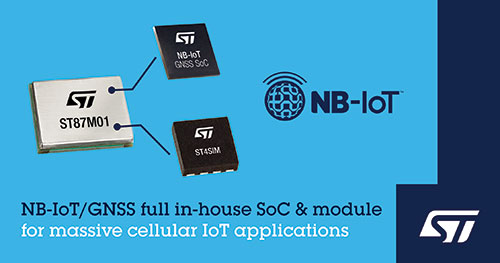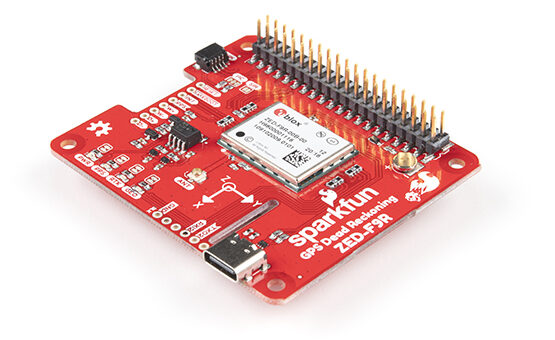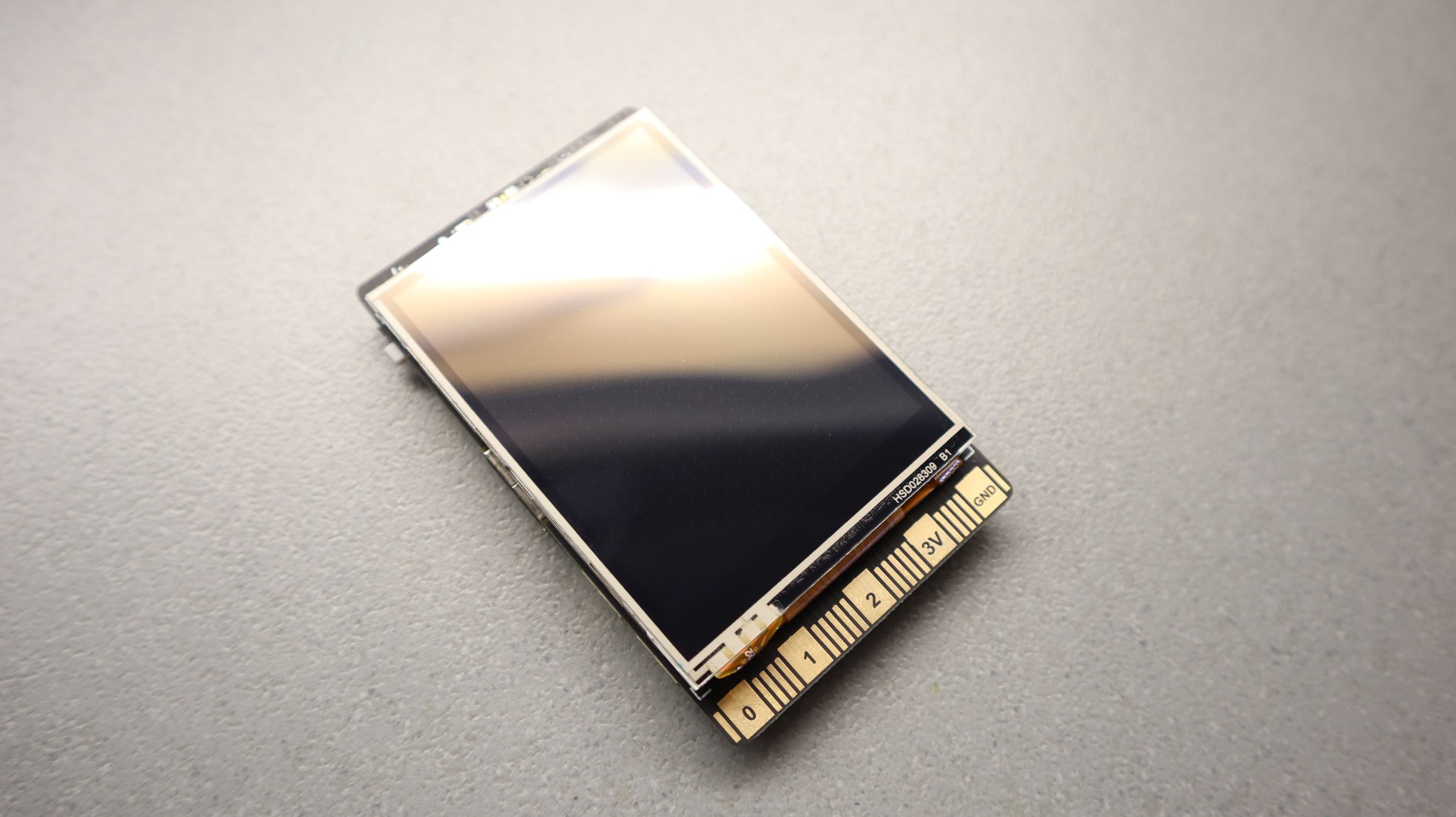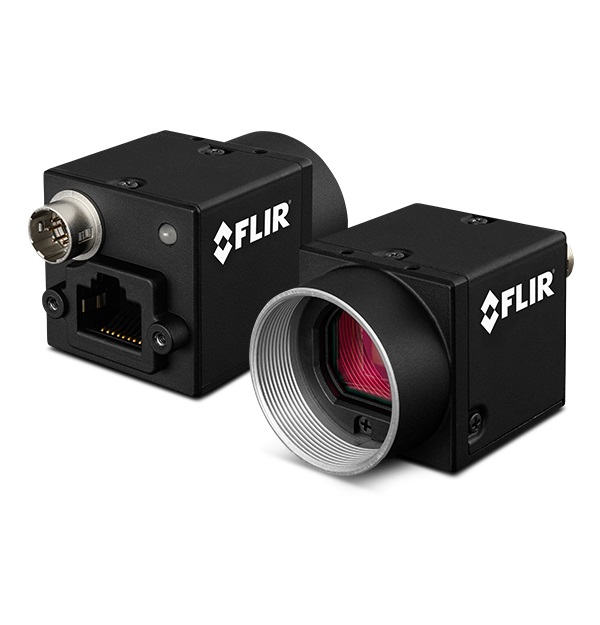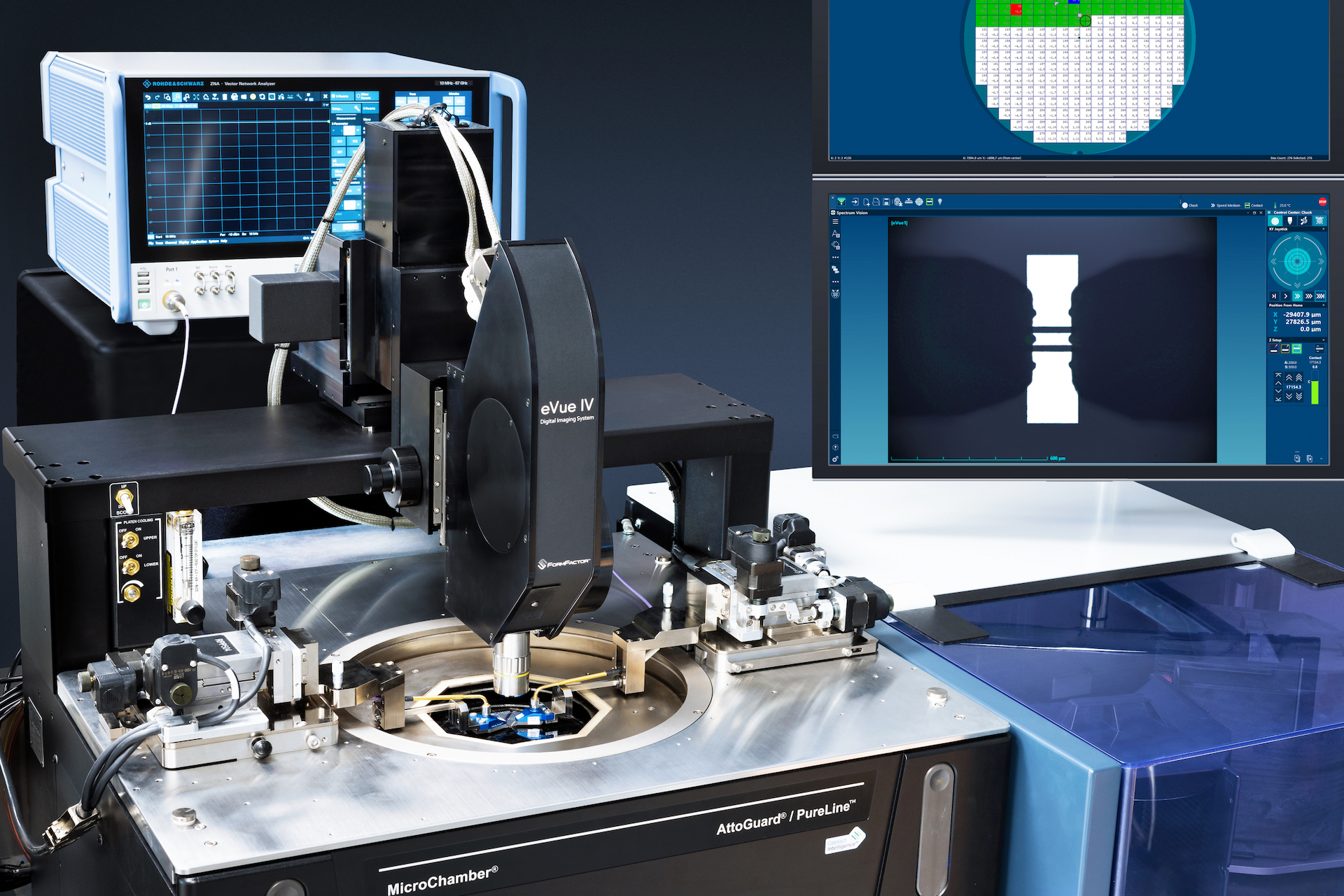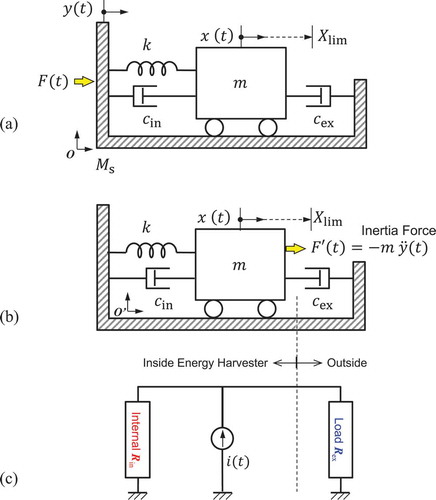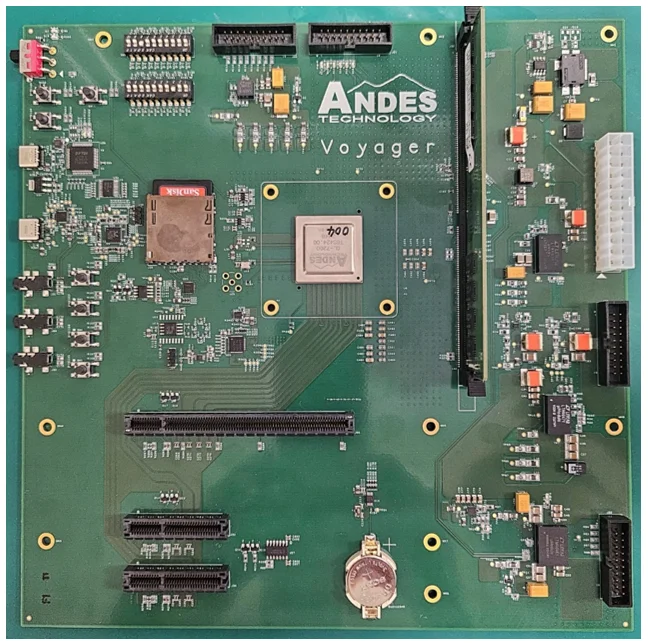
Andes Voyager micro-ATX board features QiLai RISC-V SoC with AX45MP cores and NX27V vector processor
The Andes Voyager Development Platform is a Voyager micro-ATX board powered by the Andes QiLai SoC, designed for AI workloads and software development. The QiLai SoC features a quad-core AX45MP 64-bit RISC-V processor (up to 2.1 GHz) with MESI cache coherence and a 2MB L2 cache, alongside the NX27V vector processor optimized for AI tasks with a 5-stage scalar pipeline and vector instruction extensions.
The SoC supports up to 16GB of external DDR4 memory and multiple storage options, including M.2 NVMe SSD via PCIe Gen4 slots and a microSD card socket, Additionally, it supports PCIe Gen4 interfaces (1x x16, 2x x4). Peripheral support includes I2S audio, UART, I2C, PWM, and GPIO, with power supplied via a standard 24-pin ATX connector. The platform is optimized for heterogeneous software development, supporting both Linux SMP systems and RTOS/bare-metal environments, and includes tools like OpenSUSE Linux, AndeSight toolchains, and the AndesAIRE NN SDK for AI/ML model conversion. Applications for this platform include AI development, edge computing, Linux-based software testing, and RISC-V architecture exploration, particularly for AI PCs and embedded systems.
Andes QiLai RISC-V AI SoC Specifications
- CPU:
- Quad-core AX45MP 64-bit RISC-V processors
- Clock speeds: 1.6 GHz (worst) / 2.1 GHz (typical)
- 8-stage superscalar pipeline
- MESI cache coherence protocol with Coherence Manager
- L1 Cache: 32KB (Instruction and Data)
- L2 Cache: 2MB
- I/O Coherence Port (IOCP) – 256-bit AXI4
- Vector Processor:
- Andes NX27V 64-bit vector processor
- Clock speeds: 1.1 GHz (worst) / 1.4 GHz (typical)
- 5-stage streamlined scalar pipeline
- Vector Instruction Extension: VLEN/SIMD/MEM Width 512/512/512, ELEN 64
- L1 Cache: 32KB I-Cache
- D-Cache: 512KB
- Memory: 4x 512KB SRAM, up to 16GB DDR4 (3200MHz)
- Storage: 2x QSPI, 1x SD card
- Peripherals: 2x UART, 2x PWM, 2x I2C, 16x GPIO, I2S Audio
- High-Speed I/O: 1x PCIe Gen4 x4, 2x PCIe Gen4 x2
- Clocking: 32KHz/25MHz Crystal, 4x PLL, RTC
- Power Consumption: 5 Watts under maximum load
- Manufacturing Process: TSMC 7nm process technology
The Voyager Development Board
The Voyager Development Platform is a micro-ATX motherboard built around the Andes QiLai RISC-V AI SoC. It’s designed for Linux software development, especially in AI/ML applications, and supports up to 16GB of DDR4 RAM along with various expansion options through PCIe Gen4 slots. This allows for configurations with GPUs, NVMe SSDs, and other peripherals. The board provides a platform for developers to utilize the QiLai SoC’s AX45MP RISC-V cores and the NX27V vector processor, taking advantage of tools like the OpenSUSE Linux distribution and AndesAIRE NN SDK to create and deploy AI solutions.
Voyager micro-ATX Development Board Specifications
- SoC: Andes QiLai (as detailed in the previous response)
- System Memory: Up to 16GB DDR4-1600/2400/3200 via a 288-pin UDIMM module
- Storage:
- 256GB/512GB M.2 2280 NVMe SSD support via PCIe x4 slot (using PCIe Gen4 x2)
- MicroSD card socket (push/pull type)
- 2MB SPI flash for boot code
- USB:
- 1x USB Type-C port for AICE-MICRO USB JTAG Debugger
- 1x USB Type-C port for UART
- Expansion Slots:
- PCIe x16 slot (PCIe Gen4 x4 interface) for graphics card
- PCIe x4 slot (PCIe Gen4 x2 interface) for USB 3.0 or Ethernet card
- PCIe x4 slot (PCIe Gen4 x2 interface) for M.2 NVMe SSD
- Miscellaneous:
- CR2032 battery holder for RTC
- 2x 10-position DIP switches for SoC configuration
- Slide switch for power
- Power Supply:
- 24-pin ATX connector
- Requires ATX power supply over 300 Watts
- Dimensions: 244 x 244mm (Micro-ATX form factor)
- PCB: 14-layer PCB
heterogeneous platform capable of running Linux SMP alongside RTOS or bare-metal systems. It currently supports OpenSUSE Linux, AndeSight toolchains, AndeSoft stacks, and the AndesAIRE NN SDK, which converts AI/ML models from PyTorch, ONNX, and TensorFlow Lite for execution on the NX27V.
The QiLai SoC powers the Voyager development board and is set to feature in the world’s first RISC-V AI PC, developed in partnership with DeepComputer. This AI PC, running Ubuntu Desktop, is expected in early 2025. more details about the QiLai SoC and Voyager development baord may be found on the product page.







